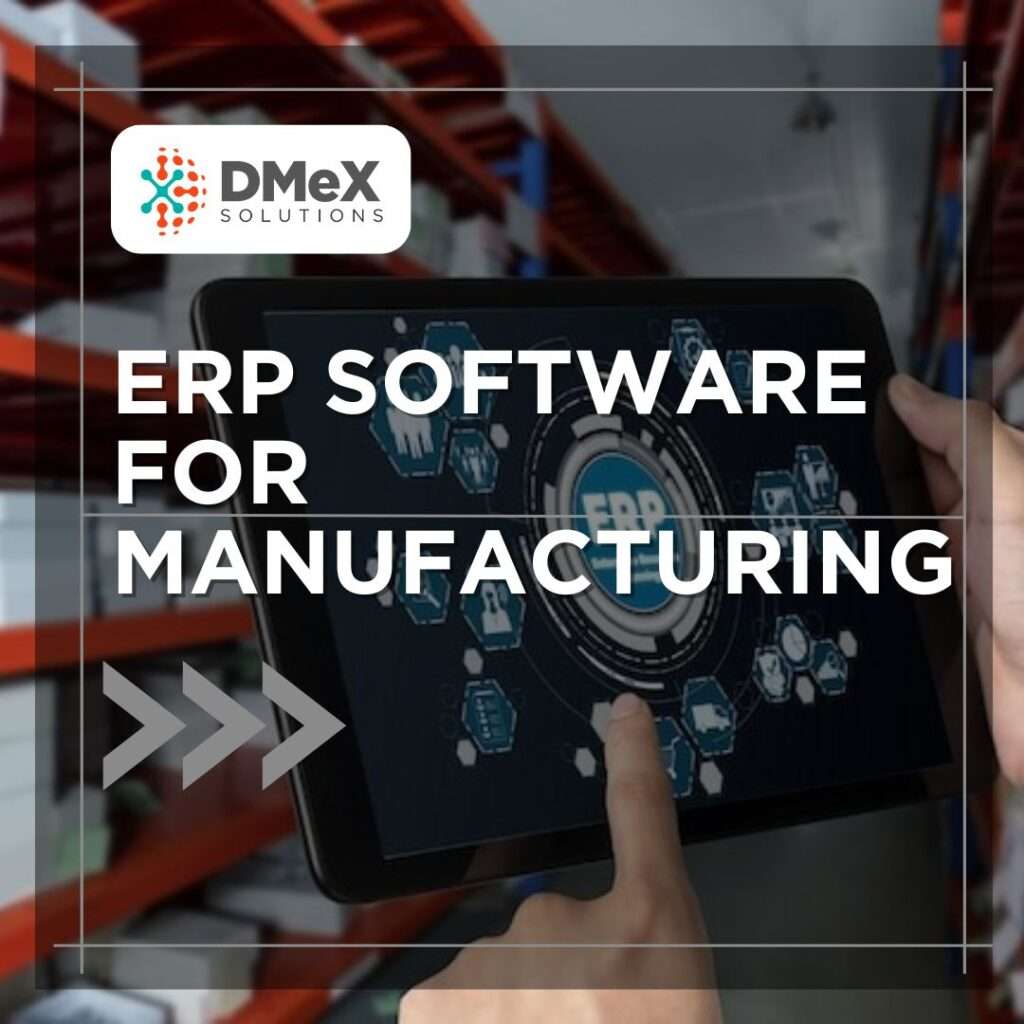Introduction
Imagine a bustling manufacturing plant, machines whirring, workers engaged, and products flying off the line. Now, place an invisible thread tying everything together. That’s what ERP software does — it connects people, processes, and data like a master conductor leading a symphony. In this piece, we’ll explore the top benefits of using ERP software in manufacturing and how it can help streamline operations and address challenges.
What is ERP Software?
Basic Definition
Enterprise Resource Planning (ERP) software is a comprehensive solution that helps organizations manage their core business processes in real-time. Think of it as the central nervous system of a company, allowing everything to function cohesively.
Key Components of ERP Systems
ERP systems typically include modules for finance, HR, manufacturing, supply chain management, customer relationship management (CRM), and more. Each component interacts seamlessly, ensuring data flow is smooth and uninterrupted.
The Manufacturing Landscape
Challenges Faced by Manufacturers
Manufacturers face various challenges, including inefficient processes, poor data management, and rising customer expectations. It’s like trying to drive a car with a faulty GPS — you’re bound to get lost or take longer routes.
Importance of Streamlined Processes
To thrive in today’s competitive environment, manufacturers must prioritize efficiency. A streamlined process not only minimizes waste but also enhances productivity — making ERP an essential tool for success.
Top Benefits of Using ERP Software in Manufacturing
Enhanced Data Accuracy
One of the most significant perks of ERP software is enhanced data accuracy. With a centralized system, there’s no room for human error. Imagine entering data once rather than multiple times across different platforms. Sounds like a dream, right?
Elimination of Redundant Data Entry
ERP reduces the likelihood of data discrepancies by ensuring all departments use consistent data. This means fewer errors and a smoother workflow.
Improved Productivity
Who wouldn’t want to work smarter, not harder? ERP automates routine tasks, freeing up employees to focus on more complex challenges and enhancing overall productivity.
Automation of Routine Tasks
By automating inventory management, payroll, and other mundane tasks, ERP helps teams concentrate on strategic initiatives instead of getting bogged down in daily operations.
Better Inventory Management
Keeping track of inventory can feel like herding cats, but with ERP, it’s a breeze.
Real-time Data Access
Real-time access to inventory levels helps manufacturers maintain optimal stock levels, reducing the risk of overstocking or stockouts. This agility can significantly impact a company’s bottom line.
Increased Collaboration
In a manufacturing setting, various departments must work together seamlessly. ERP fosters a collaborative environment where information flows freely.
Integrating Departments
With shared data and common goals, departments can coordinate efforts, leading to better project execution and innovation.
Streamlined Reporting
Reporting can often feel like navigating a labyrinth. But with ERP, businesses benefit from comprehensive reporting tools that provide insights at their fingertips.
Comprehensive Reporting Tools
With just a few clicks, manufacturers can access performance metrics, sales reports, and financial summaries, enabling timely decision-making.
Regulatory Compliance
In an industry laden with regulations, ensuring compliance can be daunting. ERP aids in adhering to industry standards, making it easier to stay compliant.
Adhering to Industry Standards
With built-in compliance features, manufacturers can ensure they meet necessary legal standards and avoid costly penalties.
Cost Savings
Who doesn’t want to save a few bucks? By optimizing operations and resources, ERP ultimately leads to cost savings.
Reducing Operational Costs
By streamlining processes and reducing waste, manufacturers can significantly cut operational costs, allowing them to invest in growth.
Customer Satisfaction
At the end of the day, happy customers drive business success. ERP enhances customer satisfaction by enabling faster and more accurate services.
Faster Response Times
With instant access to data, manufacturers can respond to customer inquiries promptly and efficiently, building stronger relationships.
Scalability
As businesses grow, so do their challenges. A scalable ERP system can adapt to changing needs.
Flexibility for Future Growth
With modular designs, manufacturers can add new functionalities as their business expands, ensuring they remain competitive.
Better Decision-Making
At the heart of every great decision lies robust data. ERP offers insights based on analytics, leading to more informed decision-making.
Data-Driven Insights
Armed with accurate data and analytics, decision-makers can pivot strategies quickly and confidently.
Real-World Examples
Let’s take a moment to explore some real-world examples of manufacturers who have successfully implemented ERP systems. Company X saw a 30% increase in productivity and a notable drop in inventory costs after adopting ERP, showcasing how strategic implementation can transform operations.
Challenges of Implementing ERP in Manufacturing
While the benefits of ERP are impressive, implementing such systems isn’t without challenges.
Initial Costs
The upfront costs can be significant. However, manufacturers who view this as a long-term investment often find the return on investment (ROI) outweighs the initial financial strain.
Resistance to Change
Like any change in routine, resistance from staff can hinder implementation. Adequate training and communication can play pivotal roles in overcoming this barrier.
Best Practices for ERP Implementation
Step-by-Step Approach
A thoughtful, step-by-step implementation plan is crucial. This mitigates risks and ensures the system meets the organization’s needs.
Employee Training
Thorough training sessions can empower staff to maximize the use of ERP systems, ensuring smooth transitions and high utilization.
Future of ERP in Manufacturing
The future of ERP in manufacturing is bright, especially with the integration of AI and IoT technologies. As these technologies evolve, ERP systems will become even more sophisticated, providing advanced analytics and automation features that further enhance efficiency.
Conclusion
In the fast-paced world of manufacturing, leveraging ERP software brings a multitude of benefits that enhance productivity, improve data accuracy, and streamline operations. From boosting customer satisfaction to fostering collaboration among teams, ERP stands as a critical tool in today’s manufacturing landscape. Embracing this technology can be the ticket to thriving in an competitive environment, ensuring manufacturers are well-equipped for the challenges of tomorrow.

